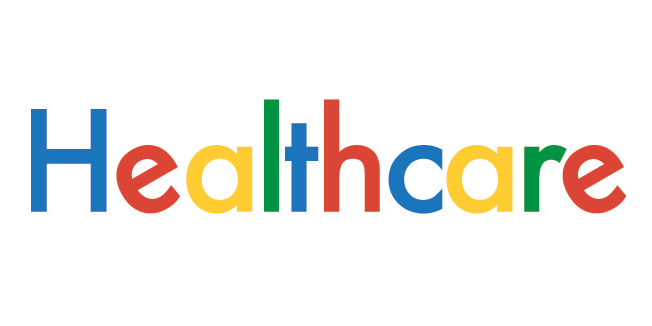e’ve been talking a lot recently about safety and culture. In November, Utah’s 700-person leadership team gathered for an all-day session on safety. One thing was very clear – we, as leaders, have a critical role in fostering safety. Our role as leaders is to make sure each member of our team feels included, safe, and valued in their contributions. These actions lead to stronger teams and in healthcare, safer systems. Building safe culture intentionally is one of the most important things we can do.
A recent blog caught my interest about the importance of psychological safety within teams. “Cultivating Great Teams: What Health Care Can Learn from Google” shares data from Google. The “it” factor for stronger teams was psychological safety. Psychological safety refers to whether or not team members feel safe in expressing their views, sharing ideas and taking risk. Teams with high psychological safety had 17% higher performance compared to those with low safety. Other important factors included: dependability, structure and clarity, meaningful work, and impactful work.
As you apply this information to health care, here are some suggestions to consider.
- Assess if you are really a team. Make sure you have common goals and clear accountability. Make sure each member contributes meaningfully.
- Watch dynamics in a team meeting. Do members feel psychologically safe? How can it be improved?
- Look for opportunities to improve psychological safety, especially if there is a sense of holding back feedback, not asking questions, or members are over-powering others.
- Ask team members for feedback. Does everyone feel comfortable sharing their ideas? Is conflict handled constructively?
- Crusade to improve the psychological safety in your environment. Improving psychological safety requires courage to speak up when you identify uncivil or disrespectful behavior and a strong commitment to make things better.
The last bullet point is really important.
We only get better if we are constantly learning. Learning together includes challenging each other, sharing new ideas, and identifying opportunities for improvement. When we share in collaborative, respectful ways, incredible things happen.
Before reading this article, I had not seen the concept of psychological safety applied to strong teams. But it makes sense, especially since so much of our work occurs in teams. This article takes the concept of safety, which we often think of in a patient care context, to the broad concept of what we need to do as leaders—make it safe for everyone to share their ideas.
Linda Tyler
We are surrounded by trauma—from patients, to coworkers, to our own experiences. University of Utah Health Madsen family practice leaders share how we recognize and normalize employees’ trauma experiences so they can continue to heal and provide quality care.
Beliefs are the emotional foundation for excellence and can shape organizational realities. Positive beliefs build energy, enthusiasm, caring and creativity and can increase resilience and influence bottom line results.* Rob Kistler leads nearly 1000 people as the senior director of University Hospital’s support services (nutrition care, environmental services, customer service, safety, and emergency management). Here’s what he believes about his team.
Chief Wellness Officer Amy Locke shares practical strategies for leaders to address the real tension we’re feeling between the desire to take a break and the increasing workload.
